Travel news: spectacular wilderness destinations...
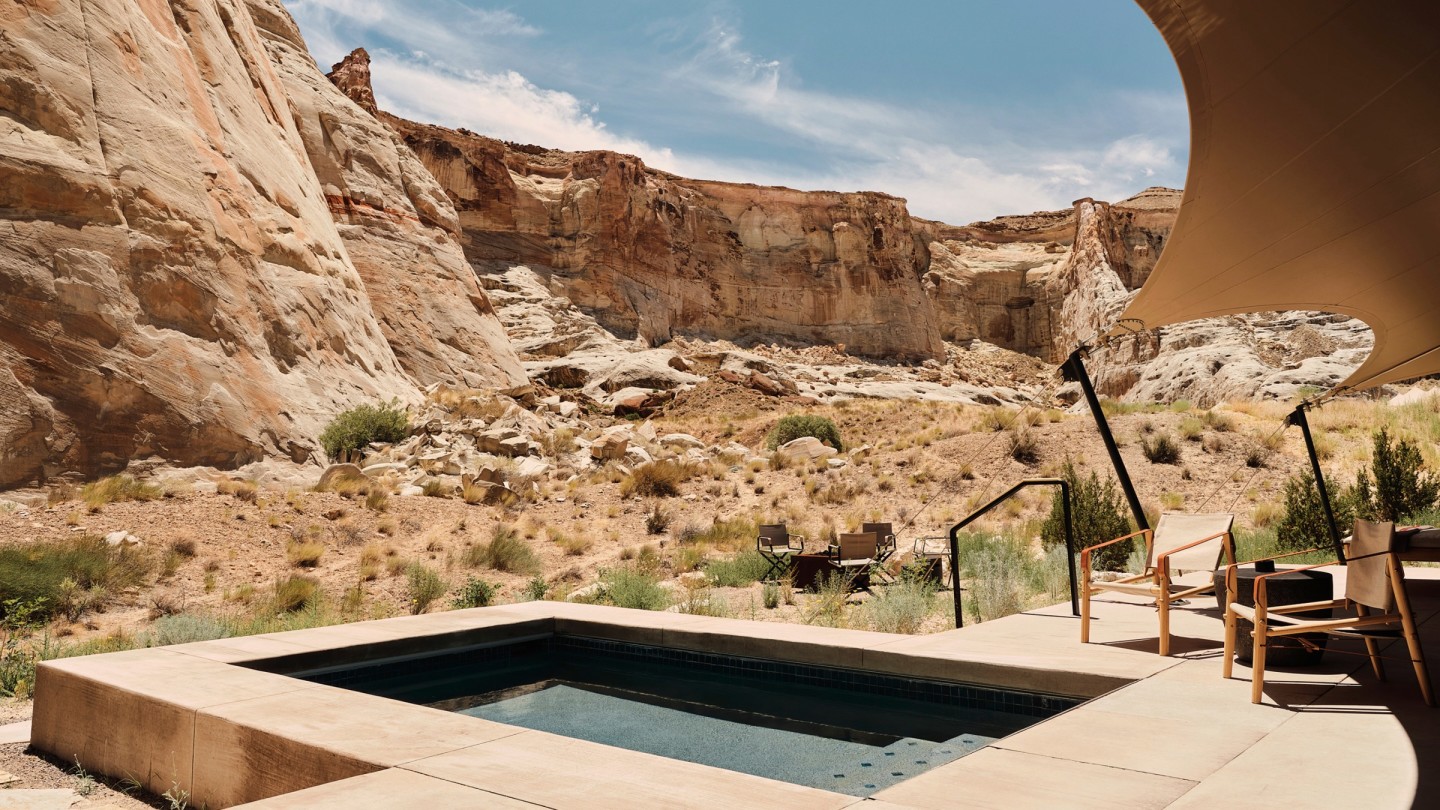
Roula Khalaf, Editor of the FT, selects her favourite stories in this weekly newsletter.
Private, along with local, has been the travel byword of the year. Now, through year’s end and into early 2021, Aman has a solution that ticks the first box (and, for some, will tick the second, too): exclusive buyouts of its three tented camps in Utah’s high desert, Rajasthan’s Ranthambore National Park and on Moyo Island in Indonesia.
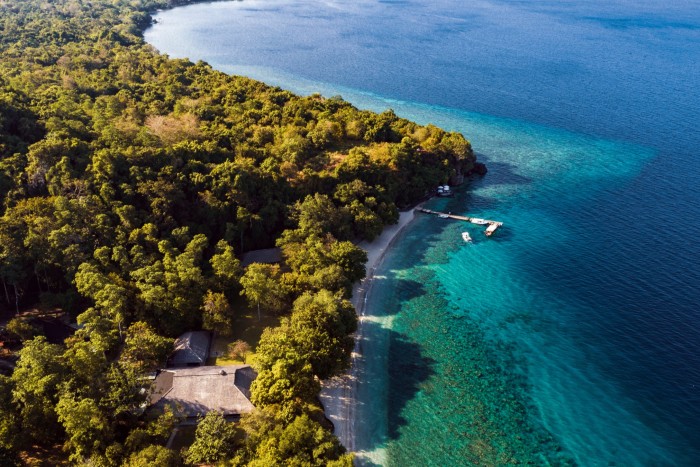
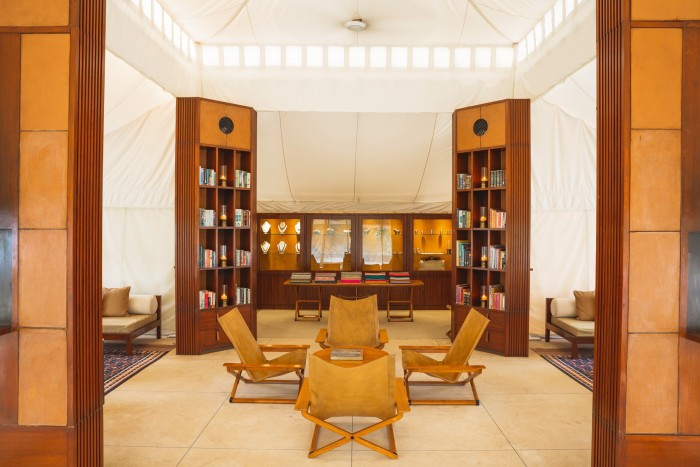
All three are dense with experiences: at Sarika by Amangiri, in Utah, there’s intensive guided rock-climbing, kayaking on Lake Powell and stargazing with astronomers; in Rajasthan, guests of Aman-i-Khas can spot sambal deer, sloth bears and, probably, a tiger or two between Ayurvedic ministrations. And at Amanwana, on Moyo, you have not only the island to yourself but the surrounding corals – Indonesia is home to some of the world’s most spectacular. It’s worth keeping an eagle eye on the vagaries of travel advisories if only to get to these. From £9,500, aman.com
Rural France – as it should be
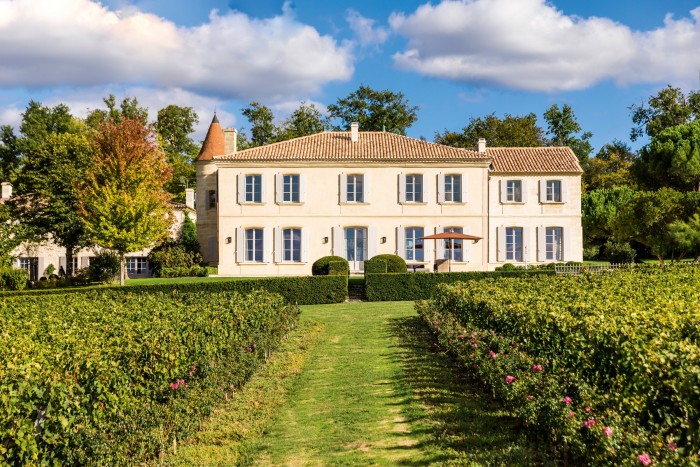
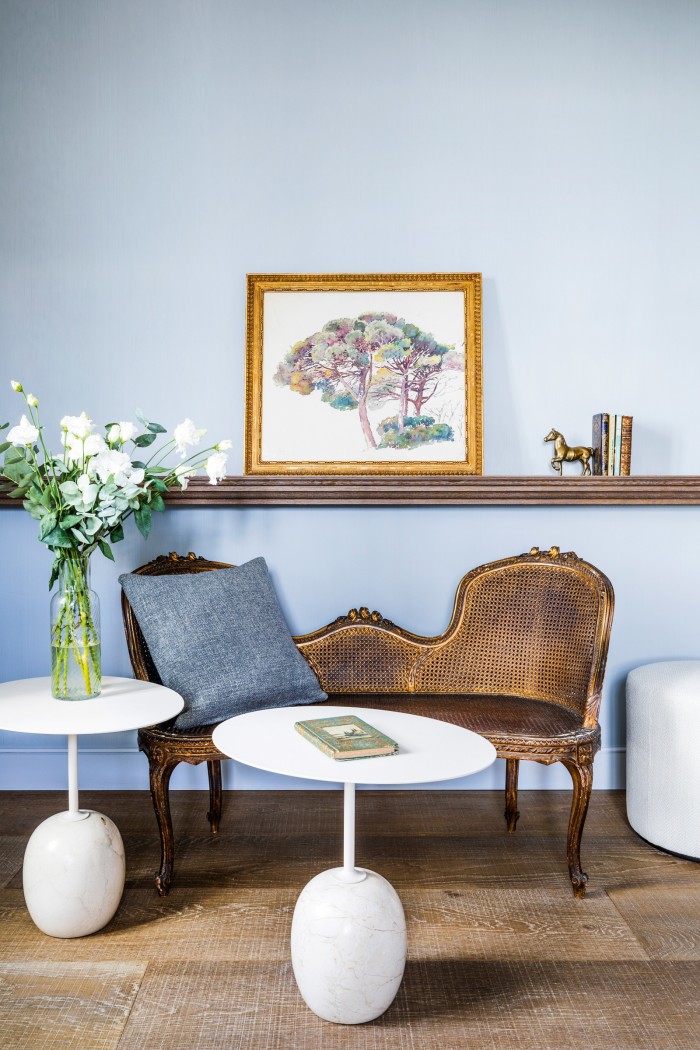
For those who can still get to France, and are in the market for understated interiors, stellar countryside views and top grands crus classés, look to the continuously evolving Château Troplong-Mondot atop a hill above the village of Saint-Emilion. With its 63 acres of vineyards, its discreet, well-spaced suites and cottages, and its Michelin-starred cuisine traditionelle (served in the comfort of your rooms or on a vine-shaded terrace as there’s no restaurant), Troplong-Mondot offers a welcome that’s long on old-school hospitality and short on frippery. Tour the estate in a Land Rover, walk to the village, take a gourmet picnic under one of the monumental oaks on the estate or sit by the fire and sip (and sip some more). Proof positive that rural France, the way it should be done, still thrives. From €250, troplong-mondot.com
Porto in a storm
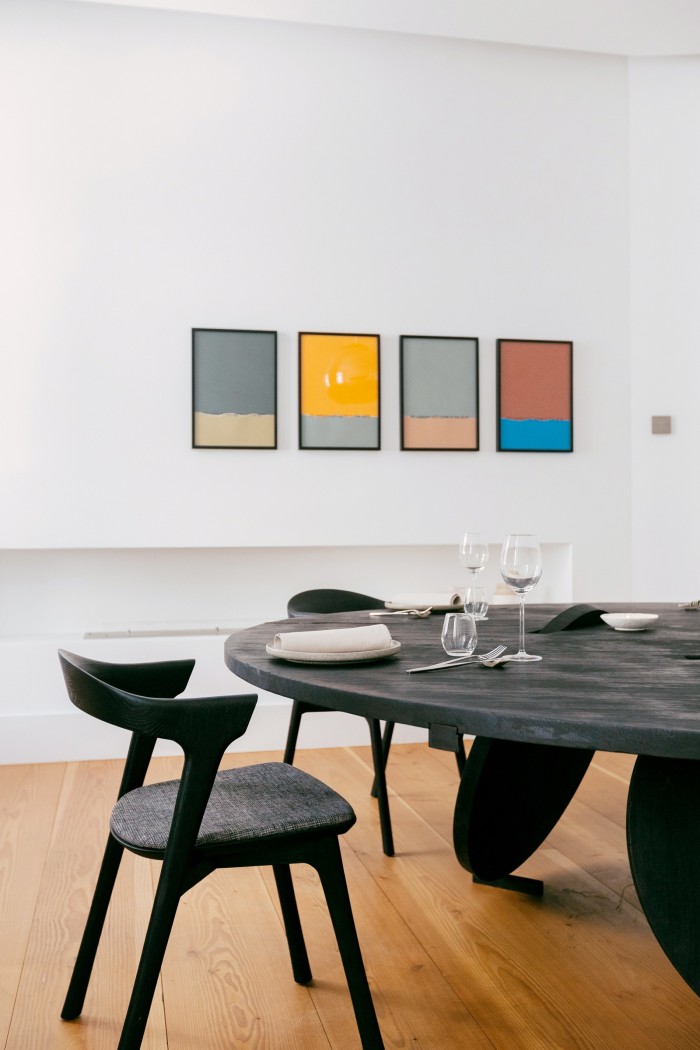
Despite a bumpy on-again, off-again quarantine relationship with the UK, Portugal’s allure seems not to have diminished either for visitors or investors. Hotel and culture projects calibrated to the arts-curious continue to power ahead, from Melides south of Comporta, to the Serra da Estrela reserve in the severely beautiful central northeast. There’s also WOW, the new “eno-cultural” district in Porto, which will see some 35,000sq m of 17th- and 18th-century wine cellars repurposed as a hub for immersive oenological experiences, spearheaded by the boss at the Fladgate Partnership, which owns the Taylor and Fonseca port houses.
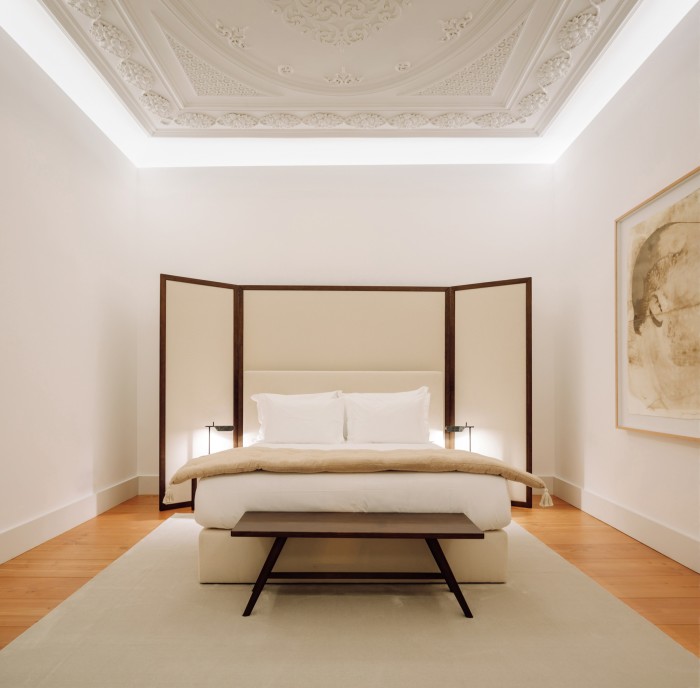
In Lisbon, meanwhile, all eyes are on The Art Gate, housed in a monumental 670sq m apartment in Chiado. It comprises a five-suite hotel; a restaurant “experience” manned by a former Adriá protégé, with just two tables: a chef’s table, and another communal one that seats 12; and an art gallery whose exhibitions – all non-selling, conceived simply to showcase local talent – rotate every three months. If you’re in the city and art and design are your thing, a visit to Made in Situ, the recently opened studio-gallery space from Noé Duchaufour-Lawrance over the hill in Príncipe Real, is a must. The French architect-designer (and part-time Lisbon resident), who has collaborated with everyone from Ligne Roset to Dior to Hermès, has brought his relationship with the natural world to bear on four annual collections of objects and prints, each available only at the studio. From €190, theartgate.com; madeinsitu.com
Taiga, Taiga burning bright
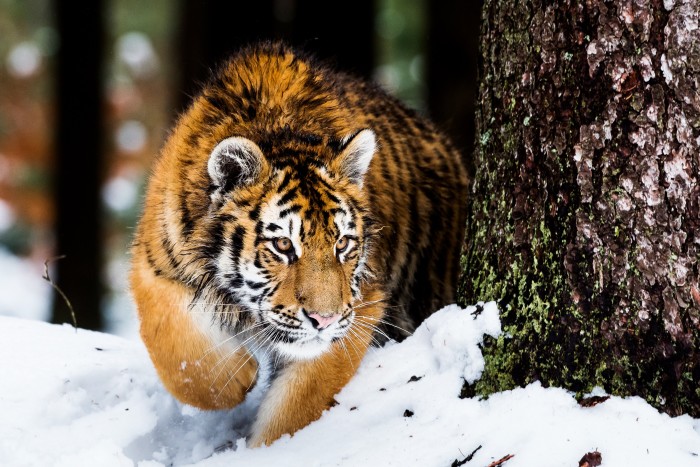
Voygr Expeditions made its name taking wildlife enthusiasts into the deep reaches of high Asia in pursuit of that region’s most elusive predator, the snow leopard – a bucket-list experience that, in 2020, has been all but consigned to fantasy. But the Voygr team has land, animals and people to support. Its newly launched High Asia Habitat Fund protects wildlife and wilderness, enlisting local communities in the cause; through livestock protection programmes, skills training and, of course, ecotourism hiring, it’s creating livelihoods and conservation advocates.
Voygr has also been masterminding a new series of Amur leopard and Siberian tiger expeditions across the Russian taiga – a culmination of three years of research into local partnerships and technology investment (for tracking animals and for bringing modern comforts to the brutal Russian midwinter). Worth noting: 100 per cent of the profits from the expedition to see the Amur leopard – a cat so endangered it’s on the verge of extinction (which is why the trips, and numbers, are extremely limited, in keeping with WWF anti-poaching and -baiting guidelines) – go back into conservation.
From £6,100 per person, voygr.com
Comments